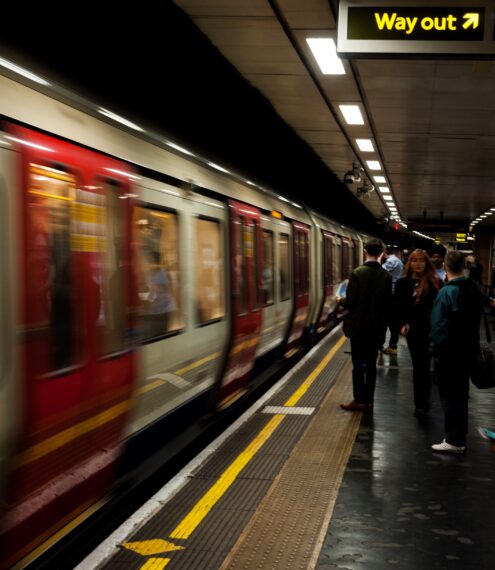As described in our previous call for evidence, we have been working hard recently on a variety of themes to finalise our findings surrounding the impact of R&D, access to finance and estate renewal on local economic growth. We are also mid-review on the topic of high speed internet, and are searching for evidence about apprenticeships and their role in boosting local economic growth. We have begun to find some very interesting results, and will soon be publishing these findings on our website – so watch this space…
We have also started a new research theme around transport, and it promises to be a good one. This is a vast topic, and highly topical – you cannot pick up a newspaper in the UK today without reading about a proposal for a piece of transport infrastructure which promises to boost the local economy, bringing jobs, homes and general prosperity to the areas in which it will be based. Proposals for HS2, discussions around airport expansion, and the development of Crossrail are but a few examples. It follows, therefore, that discussions with our user group identified transport as a topic of key interest to LEPs and Local Authorities; they want to know what their local areas can gain from transport projects.
In this context, we at the What Works Centre are looking for any suggestions for evaluation evidence, which will help us to find out how transport (in its many guises) can impact upon local economic growth. As usual, we are looking particularly for impact evaluations which undertake a before and after analysis, and have data on both ‘treated’ and ‘untreated’ places. The deadline for submitting evidence is 12 December 2014.
From public/private mega-infrastructure projects to small-scale physical interventions such as cycle parking or walking routes, we are looking for evidence of the impact of transport projects on the local economy. Beyond physical interventions, a key element of this review will cover initiatives designed to change the way existing transport infrastructure is supplied and consumed, including fare subsidies, increasing service frequency, and congestion charges. We will also compare transport modally; exploring how different road, rail, air and port based interventions impact differently upon the people, businesses and areas which they serve.
An initial review of evidence suggests that many studies will focus on roads, rail, airports and ports, and look particularly at economic outcomes of property price or access to employment. This research also suggests that a wider pool of evidence exists around capital-funded projects rather than revenue-funded.
Please get in touch with us via email or twitter with any suggestions you might have. Or leave us a comment below, and we’ll be in touch.







